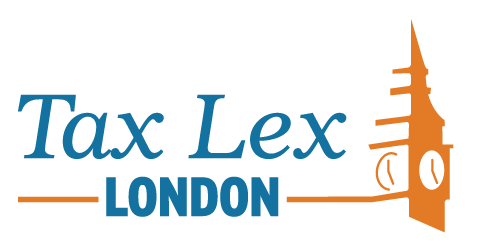Employees paid on a Thursday or Friday could face extra tax in 2024/25
Thousands of people in the UK who are paid weekly could find themselves making extra tax payments this year if they are paid on a Thursday or Friday. Employees paid on Thursday 4 April or Friday 5 April may need to pay extra tax as they would have received 53 payments in the 2024/25 tax year rather than 52, the Low Incomes Tax Reform Group (LITRG) has warned.
Even those paid fortnightly or even every four weeks could also be caught in this tax trap, which may result in HMRC looking to clawback unpaid tax.
Why will these people owe more tax?
HMRC allows employers to give an additional amount of Personal Allowance to the people affected, according to the LITRG. But because of this, they will have underpaid tax based on their income for the entire tax year. So, HMRC is likely to clawback this money unless it uses its discretion to not chase smaller amounts.
For those caught who are paid every two weeks or every four weeks, the amount they would need to pay back to HMRC would be larger, which could lead to difficulties if they aren’t planning for the bill.
Meredith McCammond, Technical Officer for LITRG, said: “Where employees are paid weekly, the PAYE system is designed to assume you are paid 52 times a year. Each week, you get a 1/52 proportion of your tax-free personal allowance (£242 a week). By the end of the tax year, this means that normally you would pay the right amount of tax.
“But for years in which 53 paydays fall, as happens this year, if you are paid at the end of the week on a Thursday or Friday, the system gives you an extra £242 chunk of tax-free personal allowance.
“When HMRC later works out how much tax these employees owe for the year compared to how much has been taken off their wages, it may show that not enough tax has been paid overall. For a basic rate taxpayer, the amount would be just under £50. As it is not significant, HMRC may choose not to collect this.
“However, the amount owed could be significantly higher if you are paid fortnightly or four-weekly, with almost £100 being owed by the former and £200 by the latter. In these circumstances, it is likely HMRC will try to collect it.”
How will I know if I owe HMRC money?
At the end of each tax year, HMRC will send out what is known as a P800 which details any tax due. If you are affected by this anomaly in the 2024/25 tax year, then you would receive one of these notifications.
If you receive one, whether for this reason or any other, then you should always check with your accountant if the calculation is correct. HMRC is fallible, and it can make mistakes that cost you money. So, always double check the calculations before you make a payment to be sure that you aren’t overpaying.
If you are still employed, then your PAYE code might be adjusted to take account of the money owed during the next tax year. But if you are no longer working, then you would have to make the payment to HMRC directly. Either way, you should speak to your accountant for guidance.
To be clear, anyone who is paid on any other day of the week either weekly or fortnightly, or who is paid monthly – as opposed to every four-weeks – will not be affected by this.
We can help you
If you think you might be affected by this tax trap, then please get in touch with us and we will be happy to help you.
